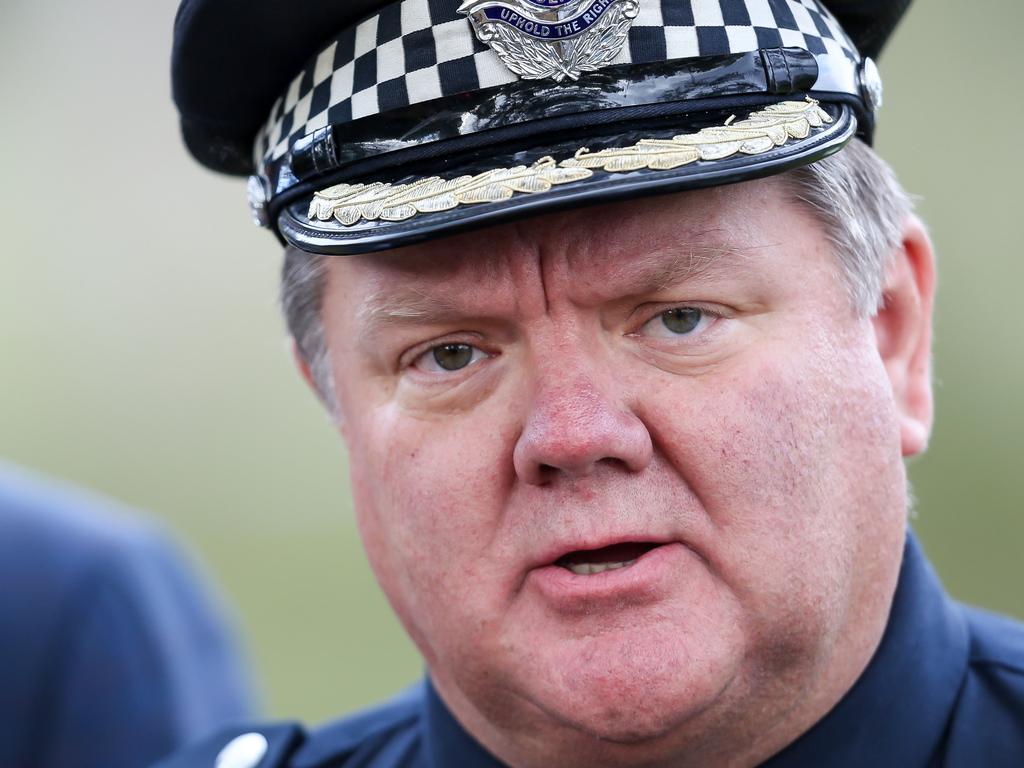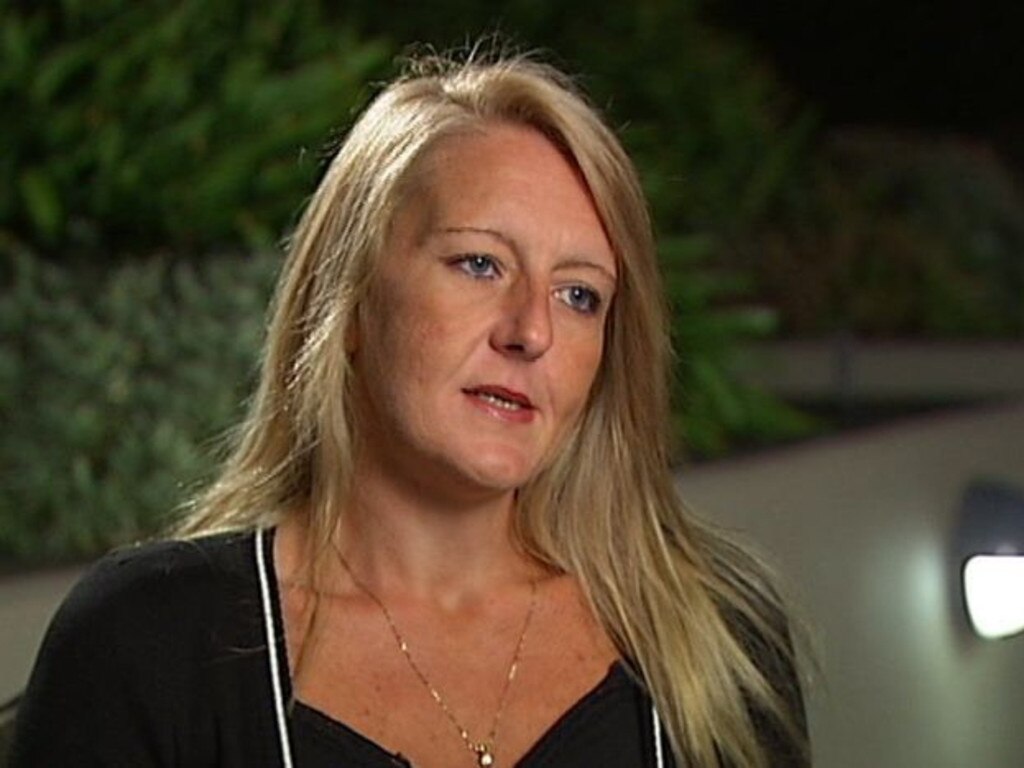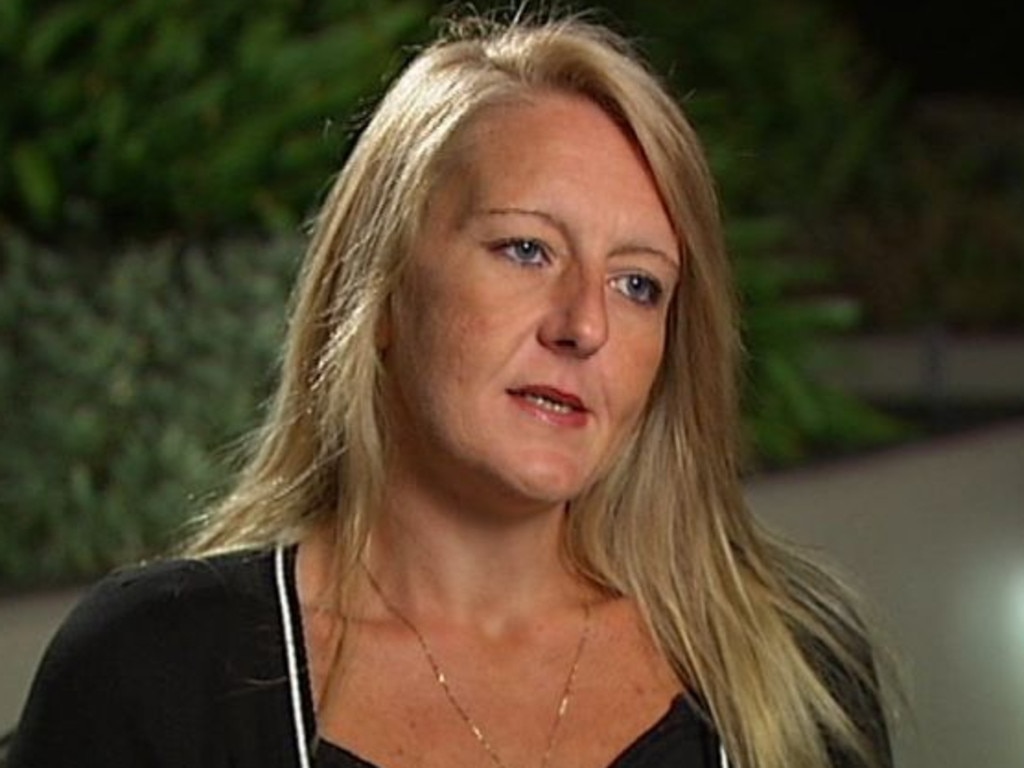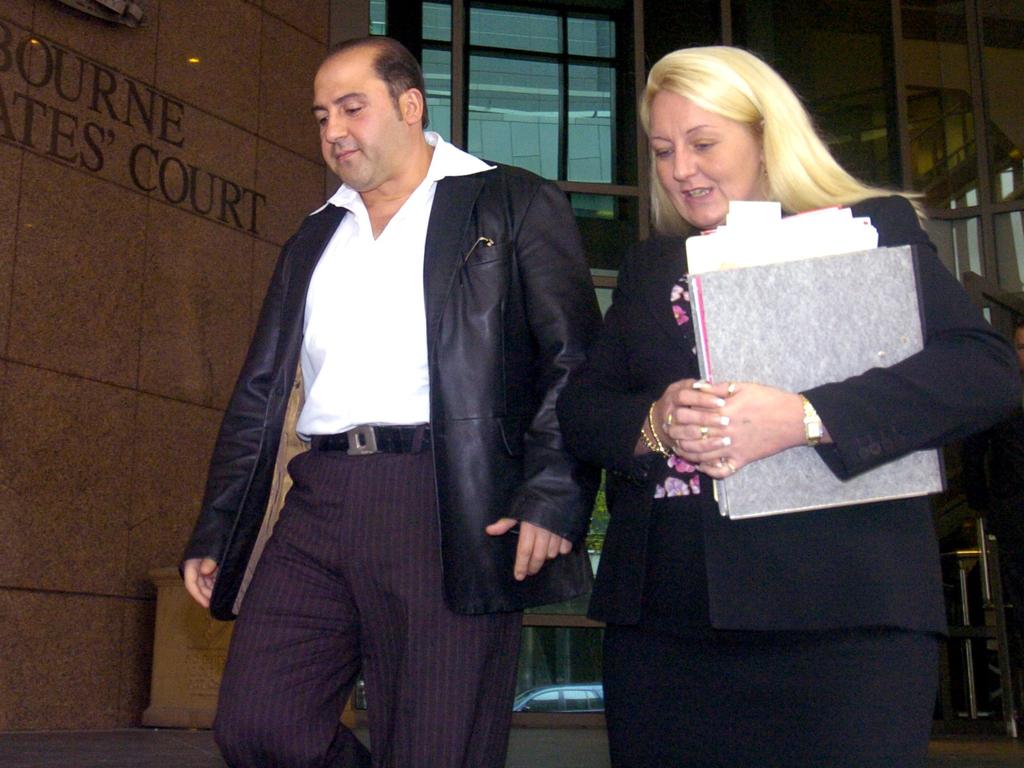Lawyer X inquiry: The Nicola Gobbo farce has cost millions and makes a mockery of justice
Former Victoria Police commissioners and serving senior police stand condemned over the Lawyer X scandal, which amounted to the worst police corruption in the nation’s history. The saga, elucidated in the submissions of Chris Winneke QC, counsel assisting the Royal Commission into the Management of Police Informants, casts grave doubt over the conduct of law and order in our second largest state. It also calls into question the convictions of a string of gangland figures and drug dealers serving long jail terms. It raises questions about the oversight of the former Victorian Labor governments. Above all, the debacle underlines the importance of accountability, transparency and a free press to safeguard the public interest.
Mr Winneke’s 3000 pages of submissions were released on Tuesday. The report by Royal Commissioner Margaret McMurdo QC, the former president of the Queensland Court of Appeal, is due in November. She will not recommend criminal charges be laid against anyone over the Lawyer X scandal, despite having the power to do so. The decision to leave it to the Victorian Director of Public Prosecutions to decide whether criminal charges should be brought looks to some like a cop-out. On the other hand, she argues, public discussion of whether individuals may have committed criminal offences “could unfairly prejudice any future trials”.
The fallout from the saga will be felt for years by long-suffering Victorians, whose confidence in their police force has been decimated by this and other serious scandals. The debacle has already cost taxpayers millions of dollars and is likely to cost far more. As Premier Daniel Andrews has said, some criminals may be eligible for compensation if they were wrongly convicted because of information supplied by Nicola Gobbo, the former barrister turned supergrass. The royal commission has identified numerous such potential beneficiaries, including convicted drug lord Tony Mokbel, a former client of Ms Gobbo. Convictions secured over the notorious tomato tin ecstasy bust are also in jeopardy.
In June 2007, Victoria Police and Australian Federal Police made the world’s largest ecstasy haul when they uncovered 15 million pills inside tomato paste tins shipped from Italy. The bust led to a string of career criminals being convicted. But as Mr Winneke noted in his submissions, Ms Gobbo had acted for at least 10 of the accused and her double life as criminal lawyer and police snitch may have affected the prosecution of 32 of the accused.
In 2010, unbeknown to the public, Ms Gobbo received $2.88m in compensation after bringing a lawsuit against Victoria Police. And in their desperate endeavours to keep their conduct secret, the police squandered millions of dollars to force Melbourne’s Herald Sun newspaper, which broke the story of Lawyer X on March 31, 2014, to bury it, to the immense detriment of the public interest. On Wednesday, The Australian’s Victorian editor, Damon Johnston, who was the Herald Sun’s editor at the time, recounted how, at vast expense, the paper fought more than 20 legal battles with Victoria Police, which was intent on suppressing the story. On one occasion the paper was ordered to stop its presses; on another it was barred by the Victorian Supreme Court from using the “Lawyer X” pseudonym. The paper persevered, knowing the public had a right to know about the matter.
The Herald Sun demonstrated the vital role of a vigorous free press as a watchdog when official government watchdogs prove toothless. Quality news gathering is costly, which is why it must never be pilfered by internet giants such as Google and Facebook.
The Herald Sun exposed the dark heart of the entrenched problems in Victoria Police. These remained despite the efforts of the Independent Broad-based Anti-corruption Commission and its forerunner, the Office of Police Integrity. As Mr Winneke noted, a series of reviews and inquiries over 20 years had identified deficiencies in the force’s management of informers and in its culture and leadership. Inquiries into the drug squad in 1999, 2001, 2003 and 2007, for example, found “lack of accountability and supervision that tended to enable noncompliance, misconduct and corruption”. The Andrews government and police chiefs have far to go to prevent further corruption and rebuild trust.





